The Presidency has intensified its lobbying efforts to secure National Assembly approval for the tax reform bills submitted by President Bola Tinubu on October 3. Despite the push, the bills face significant opposition from northern governors and lawmakers, who argue the reforms would disproportionately disadvantage their region.
In a bid to rally support, the House of Representatives leadership has called a critical meeting with caucus leaders to discuss the bills. A lawmaker, speaking anonymously, confirmed the Presidency’s outreach efforts, describing lobbying as a normal aspect of the legislative process. “They are reaching out to lawmakers to ensure the bills pass,” the lawmaker said, while acknowledging that dissenting voices within the assembly are also legitimate.
A presidential source defended the lobbying as a standard democratic practice, likening it to processes in countries like the United States, where lobbying is regulated and used to influence legislation. The President’s special advisers on National Assembly matters are said to be playing a pivotal role in these efforts.
The administration is eager to pass the tax reform bills before the year’s end to implement them alongside the 2025 budget starting January 1. However, the reforms have met stiff resistance, particularly regarding the proposed shift in the distribution of value-added tax (VAT) to a derivation-based model. Critics argue this adjustment would adversely affect northern states.
The Northern States Governors’ Forum, traditional leaders, and several lawmakers have strongly opposed the changes. Senator Abdulrahman Kawu Sumaila (Kano South) emphasized his commitment to his constituents, stating, “Unless the reforms align with the interests of the people I represent, I cannot support them.” Similarly, Rep. Kwamoti Bitrus Laori (Demsa/Lamurde/Numan, Adamawa) reaffirmed his dedication to prioritizing his constituents’ welfare in legislative decisions.
Senator Abdul Ningi (PDP, Bauchi Central), a former Deputy Senate Leader, criticized the reforms as skewed in favor of certain states, particularly Lagos. He questioned the fairness of the proposed VAT distribution, highlighting that goods processed in Lagos generate VAT revenue that benefits the state, rather than the states where those goods are consumed.
The Northern Elders Forum (NEF) has also condemned the reforms, labeling them divisive and poorly conceived. NEF convener, Professor Ango Abdullahi, warned that the reforms could harm national unity and criticized the lack of consultation with key stakeholders, such as the National Economic Council (NEC).
The NEF praised the northern governors and traditional leaders for their opposition, describing their stance as “patriotic” and urging lawmakers to resist the proposed changes. “It is essential to safeguard the interests of northern states and ensure that any reforms promote fairness and unity,” the forum stated.
As the debate continues, the Presidency remains determined to push the reforms forward, but it faces an uphill battle in uniting lawmakers across regions and securing the necessary legislative approval.
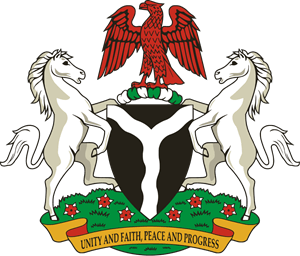
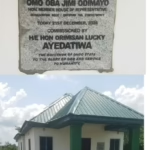
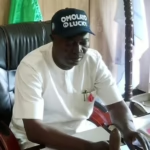

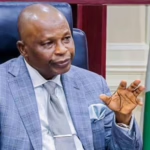




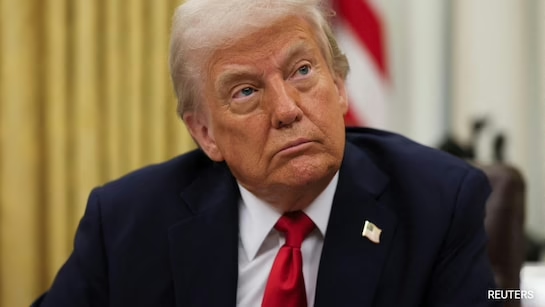

Leave a Reply